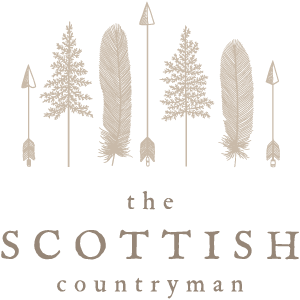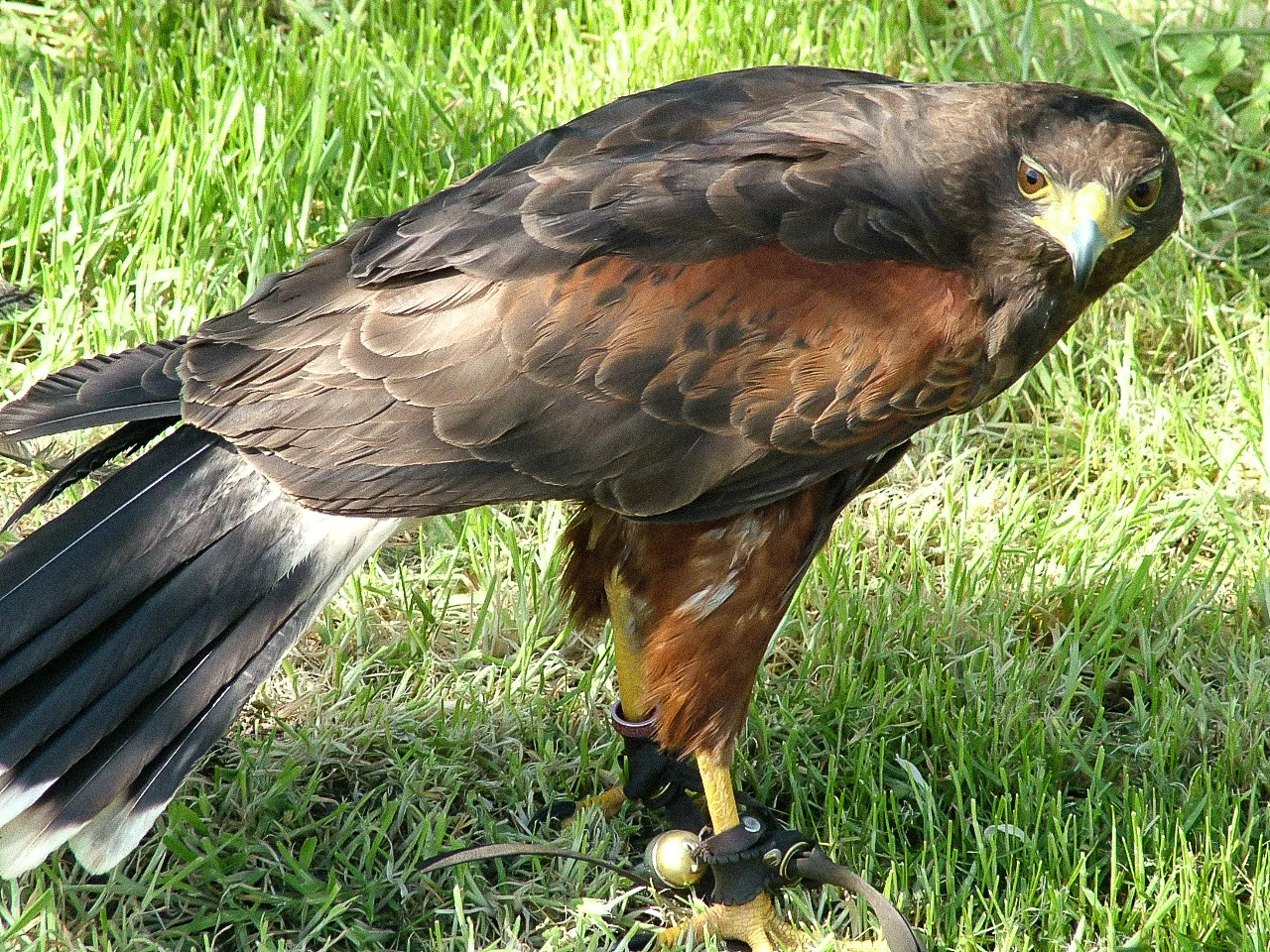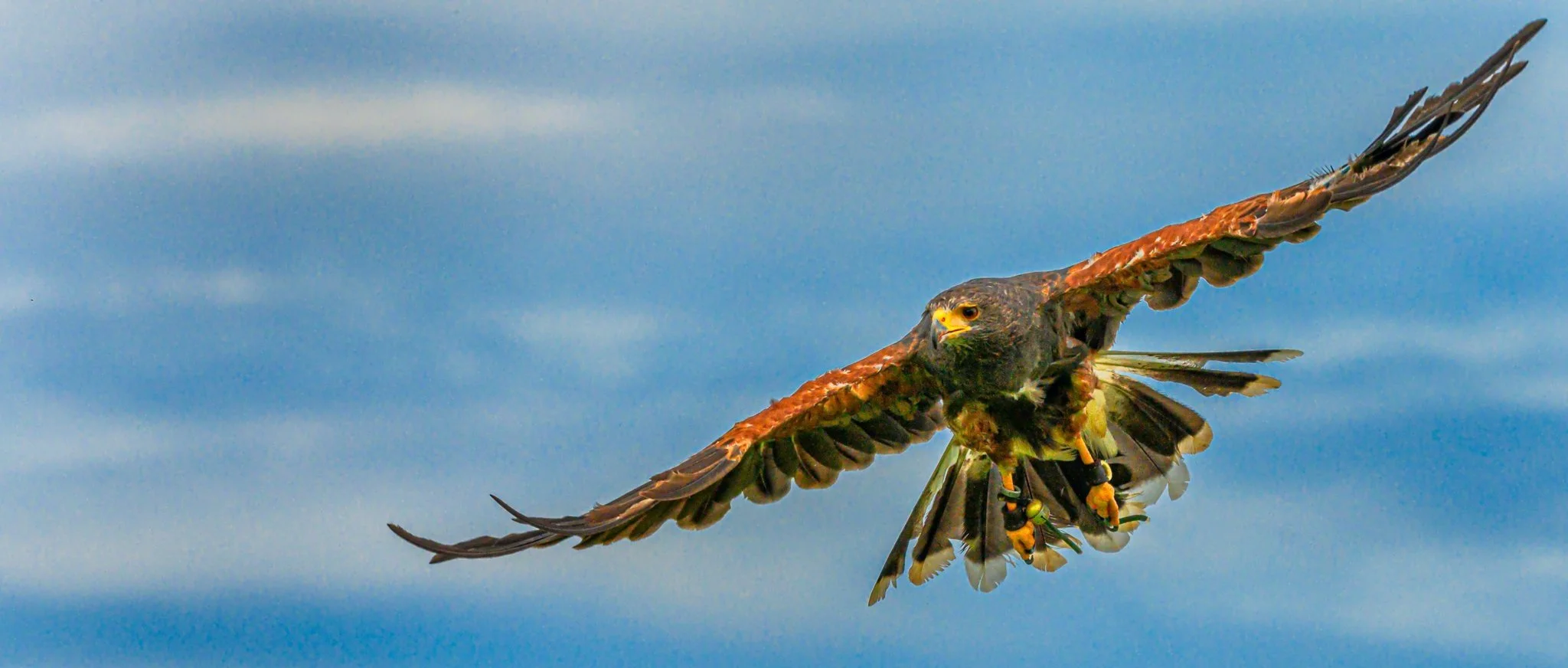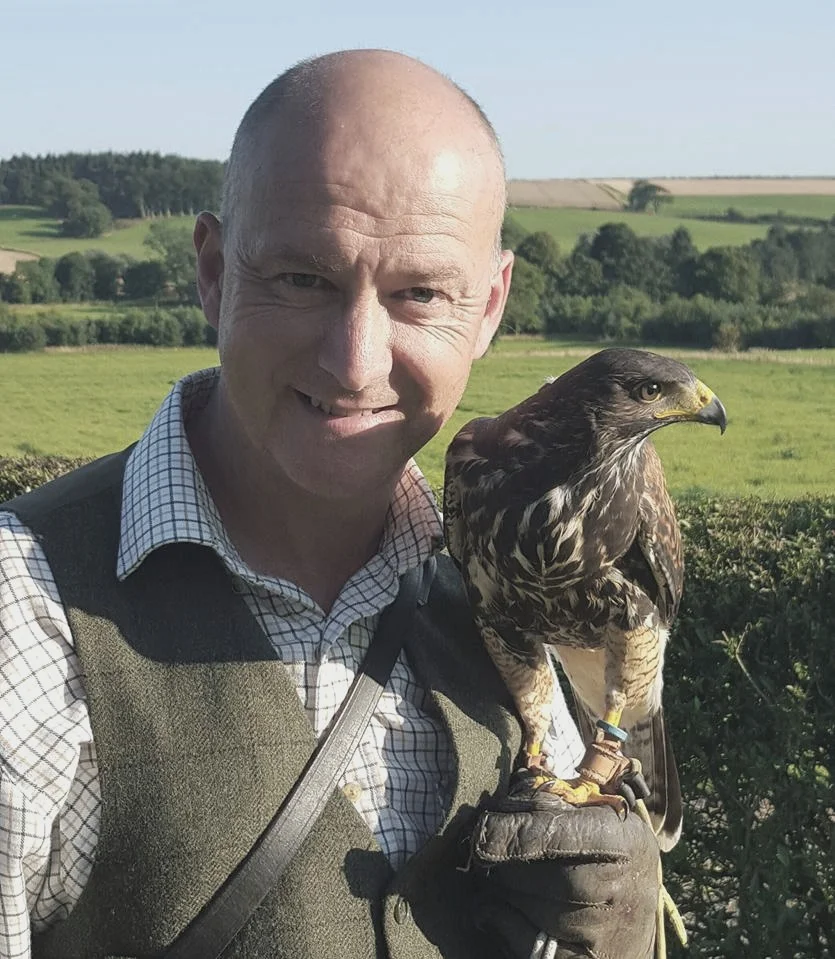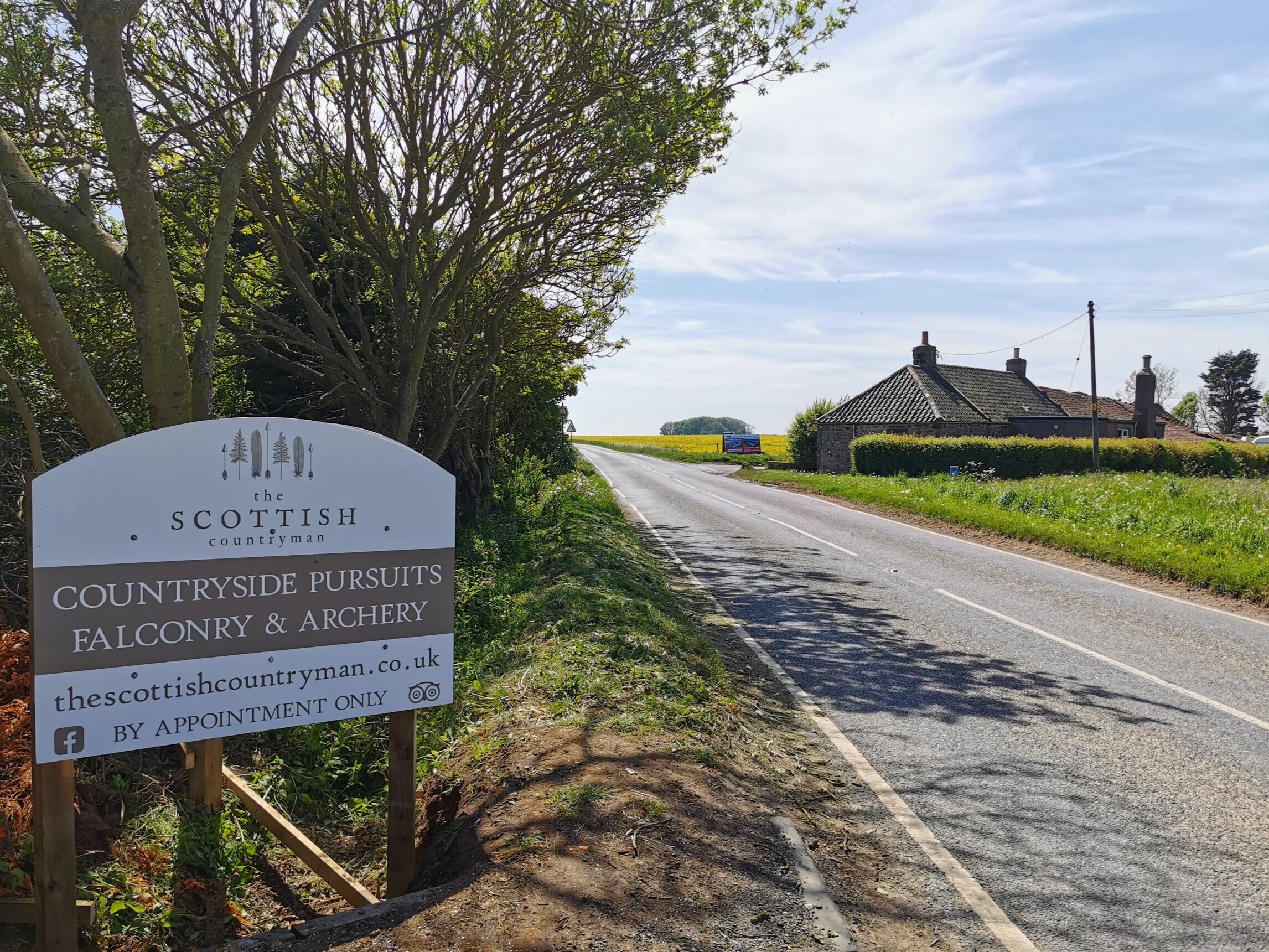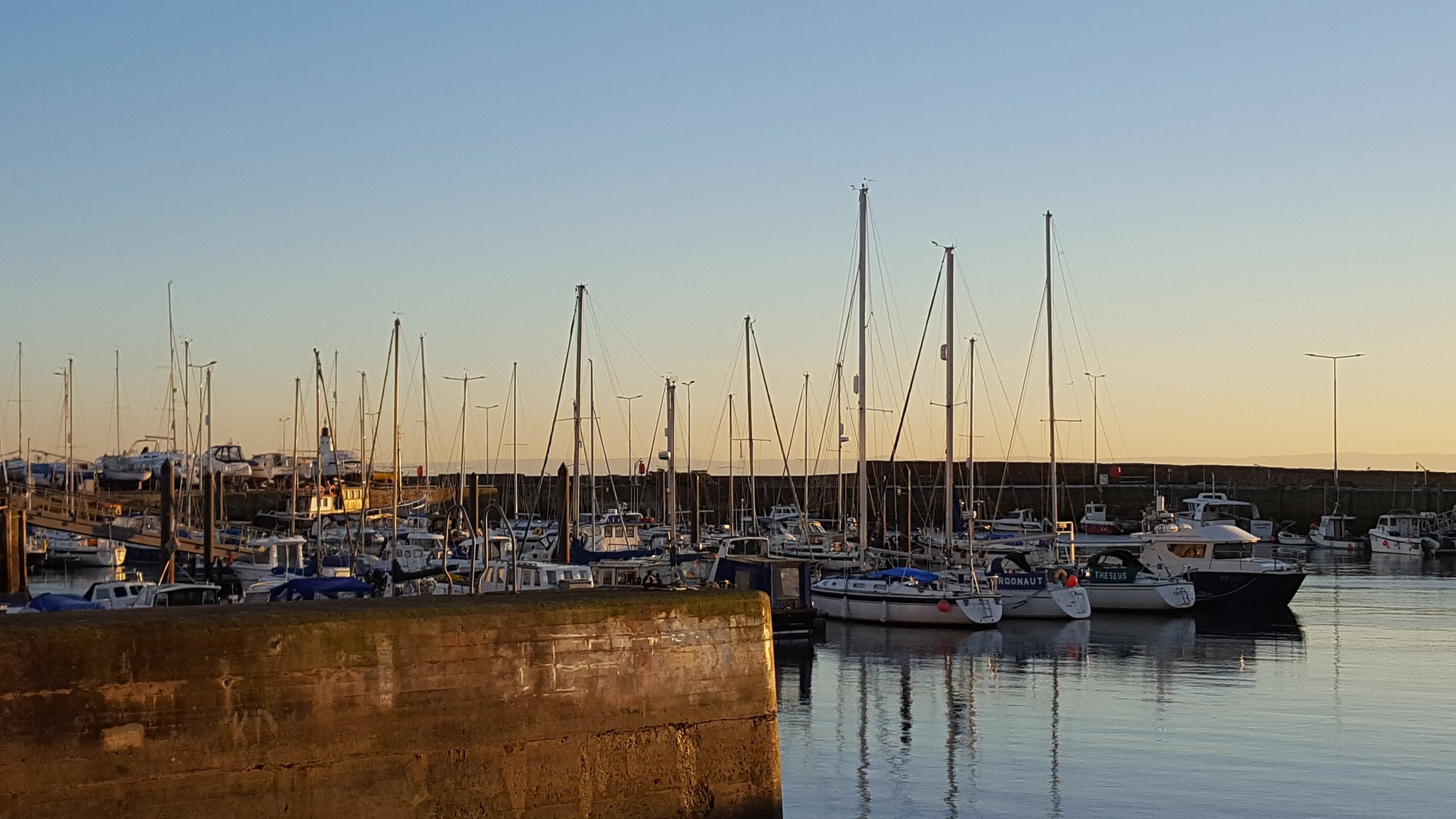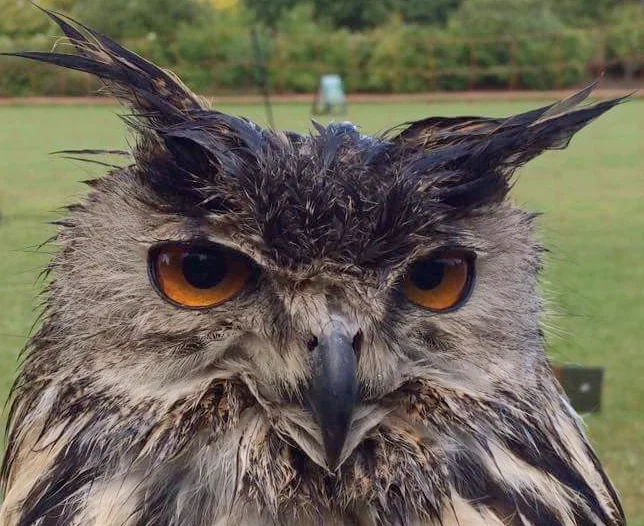Why are Harris hawks the most popular bird of prey used in falconry in the UK today?
/Why is the Harris Hawk such a popular falconry bird?
If you were to do a survey of all the falconers’ birds in the UK, you’d find the Harris hawk would be the most numerous. But the Harris hawk is not native to the UK, so why is it such a popular bird of prey with British falconers?
Harris hawks are popular with many falconers because they are quick to learn and, therefore, they tend to be easier to train. The male hawks are a good 'starter' size, too - not too intimidating and very enjoyable to watch in action. The larger females, in contrast, have a great presence, which makes them good huntresses for the keen or more experienced game hawker. Price-wise, Harris hawks are also much more affordable than falcons, costing around £300-£450 rather than into the thousands of pounds. It is a combination of these factors - their trainability, size, cost - that make the Harris hawk the most popular bird of prey used in UK falconry today.
Ready to learn more about the Harris hawk?
How the Harris Hawk got its name
Previously called the dusky hawk or bay-winged hawk, the Harris hawk was given its name by renowned 19th Century artist and naturalist John James Audubon, who named it in honour of his friend and financial supporter, Edward Harris. Harris was a wealthy philanthropist who accompanied Audubon on ornithological expeditions and encouraged his publication of the fabulous ‘Birds of America’ reference book that made Audubon famous. The collection of prints was first published as a series in sections between 1827 and 1838.
Given Edward Harris’s support and collaboration for Audubon, it seems entirely fitting that Audubon gave this particular hawk Harris’s name, as the Harris hawk’s unique quality is its co-operative and social nature. It is the only bird of prey that routinely lives and hunts in social groups – other birds of prey are usually aggressively solitary, particularly when they hunt.
What do Harris hawks eat and how long do they live?
Harris hawks can live for around 25 to 30 years in captivity but, in the wild, 10 or 11 years might be more likely. Their prey is mostly small mammals (such as rabbits and squirrels) but they’ll also take reptiles and other birds. Their key weapons for hunting are their long legs, strong feet with big talons, and a sharp hooked beak.
Harris hawks in the hunt
Harris hawks choose to hunt in family groups of 2-7, typically led by the dominant female. In the wild, Harris hawks are to be found in the southern USA, Central and South America, where they adapt to terrain as varied as desert, mangrove and forest. Operating as a team, a family of Harris hawks works together to flush out prey from low-growing scrub and dense bushes, often driving it into the path of a waiting hawk.
The Harris’s particular hunting style uses their long legs and loose-feathered, highly manoeuvrable wings to deliver a quick burst of energy and fast, jinking flight and they make efficient and effect ‘still hunters’ – diving into cover from a standing start. It’s this capability that makes a Harris hawk the bird of choice for Wimbledon’s bird-scaring work: Rufus the hawk has kept the tennis courts free of pigeons for more than 15 years now!
Photo by john pow (@johnpow37 on Instagram)
What kind of nature do Harris hawks have?
Harris hawks are full of character. Harris hawks co-ordinate as a group to drive their prey into a trap and to do this they require both intelligence and co-dependency. They therefore enjoy company! That it certainly not the case for most birds or prey, which tend to be solitary and aggressive to other birds, even of their own kind. Harrises also like puzzles and attention and Steve has found them engaging and interesting birds to train and to fly. With their friendly, curious manner and amazing ability to manoeuvre in tight spaces, Harris hawks are an ideal bird for wedding falconry and ring deliveries and Murray has even been involved in an engagement here at our base in Hammer Inn, near Crail in the East Neuk of Fife!
Your very own Hawking Experience
Want to experience a Harris hawk's smart moves yourself? You can learn more about the Harris hawk and watch them flying by doing a hawking experience with Steve. He’ll introduce you to these wonderful birds and you’ll handle and fly them on our flying ground, which flanks a small wood.
You’ll be able to see how the hawks look to Steve for their instruction and watch up close as they demonstrate their fantastic aerial dexterity with standing-start catches in the air and, with luck, a jink through the pines.
(If you’re curious about what falconry is all about, you can find out more in my post, What is Falconry?)
Harris hawk hunting. Image by John pow (@johnpow37 on instagram)
Our hawking experiences are for one, two or three participants and last approximately 2 hours. Typically, your hawk experience will include:
an introduction to the art and sport of falconry
a handling session
a flying session
plenty of time for photographs
Good to know:
You can also purchase a gift card for this experience
Why not bring someone along to watch? Spectators are just £10 each
We'll provide you with all the equipment you need, just be sure to wear outdoor shoes and clothing suitable for the weather on the day.
Testimonials
“Highly recommended. Spent a wonderful afternoon with Steve and the birds this afternoon. Steve has such a natural respect and rapport with his birds, it is truly inspiring to spend time in their company.” P.J.
“Had a great time, the Hawks were friendly and happy to land on my arm :) I found the discussion as we went along very interesting and informative. It’s good to know the birds are well looked after and loved, it shows in the way they behave. Thanks for the memorable time with the Hawks.” C.A.
Sources
http://www.audubon.org/field-guide/bird/harriss-hawk extracted 07.01.2018
http://www.bbc.co.uk/nature/life/Harris%27s_Hawk#intro extracted 07.01.2018
Diana Durman-Walters The Modern Falconer Swan Hill Press (1994) ISBN 1 85310 368 3
Links
Go hunting with a Harris hawk in Italy! Stay at the luxury holiday villa Trullo Falco, and get out into the beautiful Puglian countryside with a Harris hawk for an unforgettable experience
TSC Pinterest page: https://www.pinterest.co.uk/scotscountryman/harris-hawks/
TSC Recommends
Harris hawk in flight. Photo by John Pow
If you have any questions about our hawk experience or want to know more about the fascinating and versatile Harris hawk, please use the comments section below.
